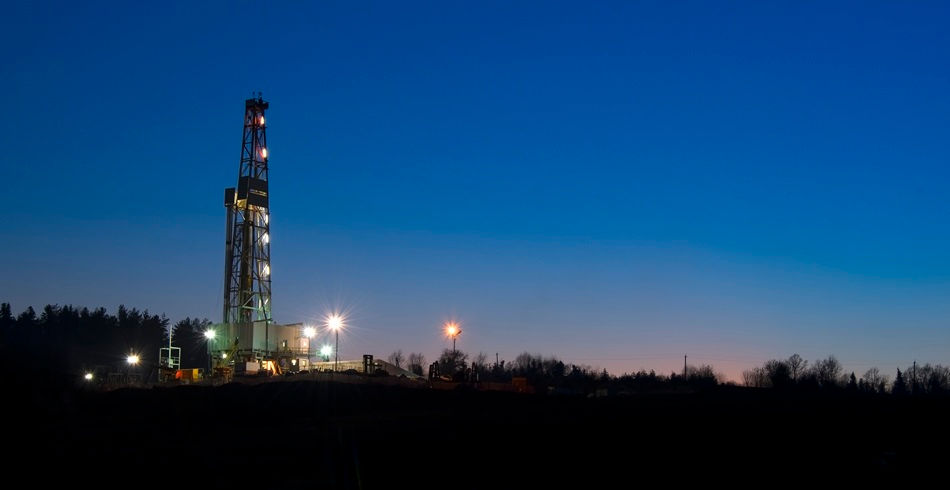Orlen Unipetrol launches pilot project collecting UCO at 6 fueling stations in Czech Republic
- Orlen Unipetrol
- Jun 6, 2023
- 3 min read

Together with the Czech Technical University in Prague and the Czech University of Life Sciences, the Orlen Unipetrol Group—the largest refining and petrochemical company in the Czech Republic—has launched a pilot project aimed at examining the recycling options of used cooking oil (UCO) and its effective conversion into biofuel and petrochemicals.
Starting in June, people can now deliver UCO at six filling stations in the Ústí region of the Czech Republic, including Ústí nad Labem, Teplice, Chomutov, Litvínov, and Most.
“We have long addressed the issue of converting waste materials effectively into products that can be used as a quality source of carbon to produce fuels or plastics,” said Jiří Hájek, CEO and chairman of Orlen UniCRE a.s. “The idea of collecting cooking oil is nothing new. What is new and, above all, safer and more environmentally friendly is the way we want to handle and treat this waste. There are many companies that specialize in collecting cooking oil, particularly from restaurants. However, we want to focus primarily on households and offer them a safe and waste-free collection of used vegetable oils. Nowadays, the collected oil is purified and sold on to produce a methyl ester known as MEŘO. Orlen Unipetrol is already ready to use the purified waste oils to produce an oxygen-free high-octane biofuel known as hydrotreated vegetable oil (HVO). The resulting biofuel has better stability than conventional MEŘO and a higher cetane number than diesel oil. In addition, its manufacture and incineration produce fewer CO2 emissions.”
The project, officially entitled “Research and Development of the Technology of Cleaning and Recycling Cooking Oils, including a Collection System (EUCOTECH),” was launched in 2021 and will last until 2024.
It focuses on designing a system of the decentralized and automated collection of UCO from households and subsequently examining and developing suitable separation and refining processes for its treatment into HVO. HVO can then be integrated into the process of refining and petrochemical production.
“The current initiatives in Czechia focusing on the municipal collection of cooking oil are interlinked by several factors,” said Vladimír Hönig, a deputy head of the department of chemistry at the Czech University of Life Sciences in Prague. “First and foremost, most initiatives have only local scope, i.e., they mostly involve cooperation between a municipality and the local waste collecting company to meet the statutory duty of sorting municipal cooking oil. In general, they have only a limited number of collection points. Also, they collect used oil in plastic containers such as PET bottles, which are thrown into designated plastic containers, mostly placed in waste collection sites. The EUCOTECH project involves an accessible network of collection points set to expand throughout the Czech Republic. We want to change the general public’s attitude and make them opt for another systematic waste collection possibilities.”
People in the Ústí Region can join the collection of used cooking oil at six Orlen Benzina filling stations in the region from this June until the end of 2024. More detailed information is available at sbirejolej.cz or in the ORLEN Benzina app.
“This project has now entered the stage of the pilot verification of the developed technology of cleaning and treating used oil into products suitable for further processing during refining and petrochemical processes. Also, we want to prepare documentation for the automated collection and oil processing at scale. Therefore, we invite the general public to join this scientific project and help the environment. We assume to collect up to 20 tonnes of used cooking oil for research purposes by the end of 2024,” Hájek added.
Joining the project is easy. After registering in the Orlen Benzina app, people may pick up a standardized container designed for storing UCO. When it is full, people can deliver it at one of the six Orlen Benzina outlets into a semi-automated collection box 24/7 and exchange it for an empty container.
“Special collection containers make it possible to reuse them and reduce the sanitary risks associated with waste management,” Hájek explained. “Also, this approach does not produce any solid plastic waste contaminated with oils, which would require disposal at a landfill or through incineration. We want to thank everyone who joins the collection of used cooking oils.”
The project, co-funded by the Technology Agency of the Czech Republic as part of the TREND program, fully aligns with the Orlen Unipetrol Group’s strategy to expand energy generation and products from renewable sources.
The Orlen Unipetrol Group intends to be emissions-neutral by 2050 at the latest. The specific objectives are elaborated in the group’s strategic development until 2030. They also include expanded circular economy principles in the refining and petrochemical segment.


































